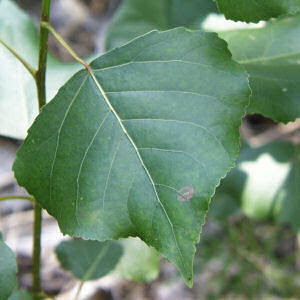
We enter the season of Christmas, that jubilant holiday of expectation and promise. Some might even call it a season of triumph with the glorious news that God has entered into humankind with the flesh of an infant.
The magi seem to fit right in with the incessant advertisements on television, radio, and the Internet, provoking us to purchase more things. I sure it is also the patriotic thing to do.
You might expect this meditation to reflect the images of freshly cut Douglas firs, lights, and garlands. But I wonder if the Kansas sunflower is not a more appropriate image to the news that God is with us. You see, as a sunflower's head fills with seed it gets heavier. The seeds swell with the fullness of their being and the weight is so great that the sunflower bows its head to the earth. Its seeming humility is a result of its swollen fruit.
I think that is how we approach the nativity creche. There is nothing new to report from Bethlehem this year. In fact, it is old news, at least 2,000 years old. Hopefully by now our hearts and heads are filled with the good news of God that every person is welcome to the table of life. Every person is made in the image of God and thus have some capacity to do justice, be merciful to others, and walk humbly with their God. Our hearts should be so filled with the love of God that we can only bow our heads.
When we approach the nativity cradle we should find it empty because the Prince of Peace should be in our hearts. We lower our heads in profound respect to the one who taught us to be men and women of extraordinary compassion.
Merry Christmas to you all.











